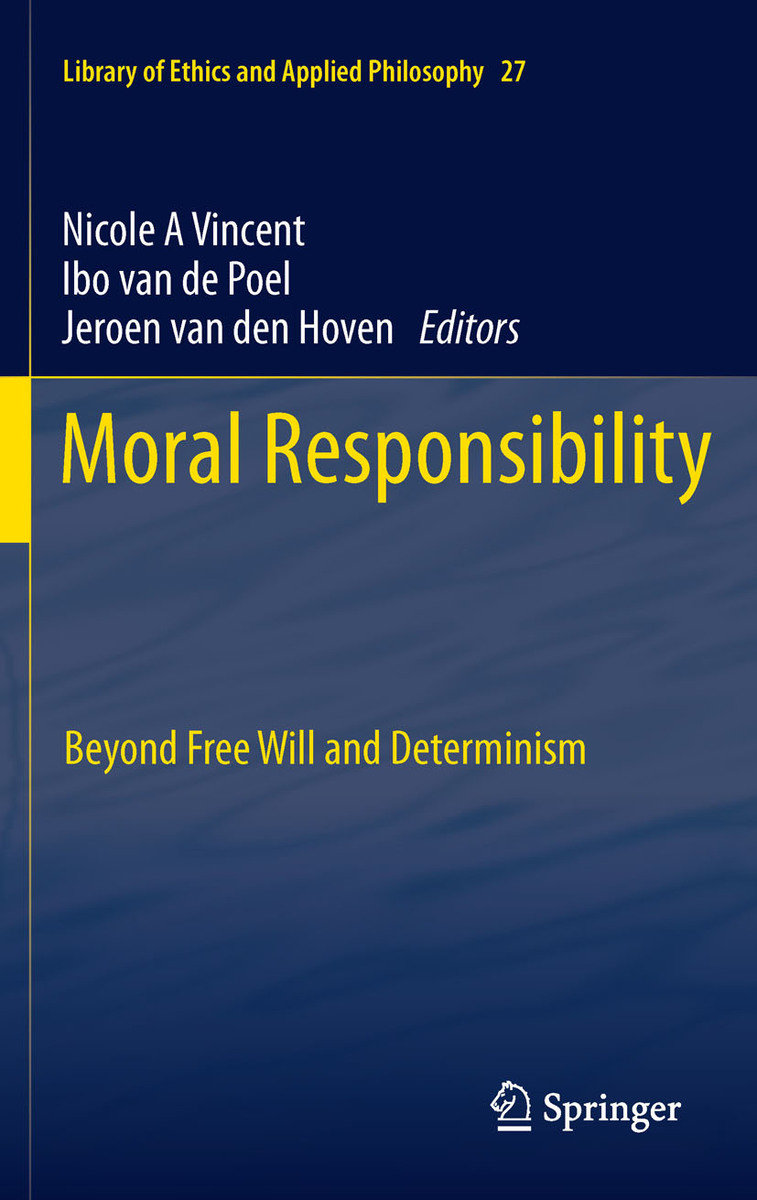It is well over a decade since John Fischer and Mark Ravizza - and before them, Jay Wallace and Daniel Dennett - defended responsibility from the threat of determinism. But defending responsibility from determinism is a potentially endless and largely negative enterprise; it can go on for as long as dissenting voices remain, and although such work strengthens the theoretical foundations of these theories, it won´t necessarily build anything on top of those foundations, nor will it move these theories into new territory or explain how to apply them to practical contexts.
To this end, the papers in this volume address these more positive challenges by exploring how compatibilist responsibility theory can be extended and/or applied in a range of practical contexts. For instance, how is the narrow philosophical concept of responsibility that was defended from the threat of determinism related to the plural notions of responsibility present in everyday discourse, and how might this more fine-grained understanding of responsibility open up new vistas and challenges for compatibilist theory? What light might compatibilism shed, and what light might be shed upon it, by political debates about access to public welfare in the context of responsibility for one´s own health, and by legal debates about the impact of self-intoxication on responsibility. Does compatibilist theory, which was originally designed to cater for analysis of individual actions, scale to scenarios that involve group action and collective responsibility - e.g. for harms due to human-induced climate change?
This book´s chapters deal with a range of theoretical problems discussed in classic compatibilist literature - e.g. the relationship between responsibility and capacity, the role of historical tracing in discounting the exculpatory value of incapacities, and the justifiability of retributive punishment. But instead of motivating theirdiscussions by focusing on the alleged threat that determinism poses to responsibility, these chapters´ authors have animated their discussions by tackling important practical problems which crop up in contemporary debates about responsibility.



